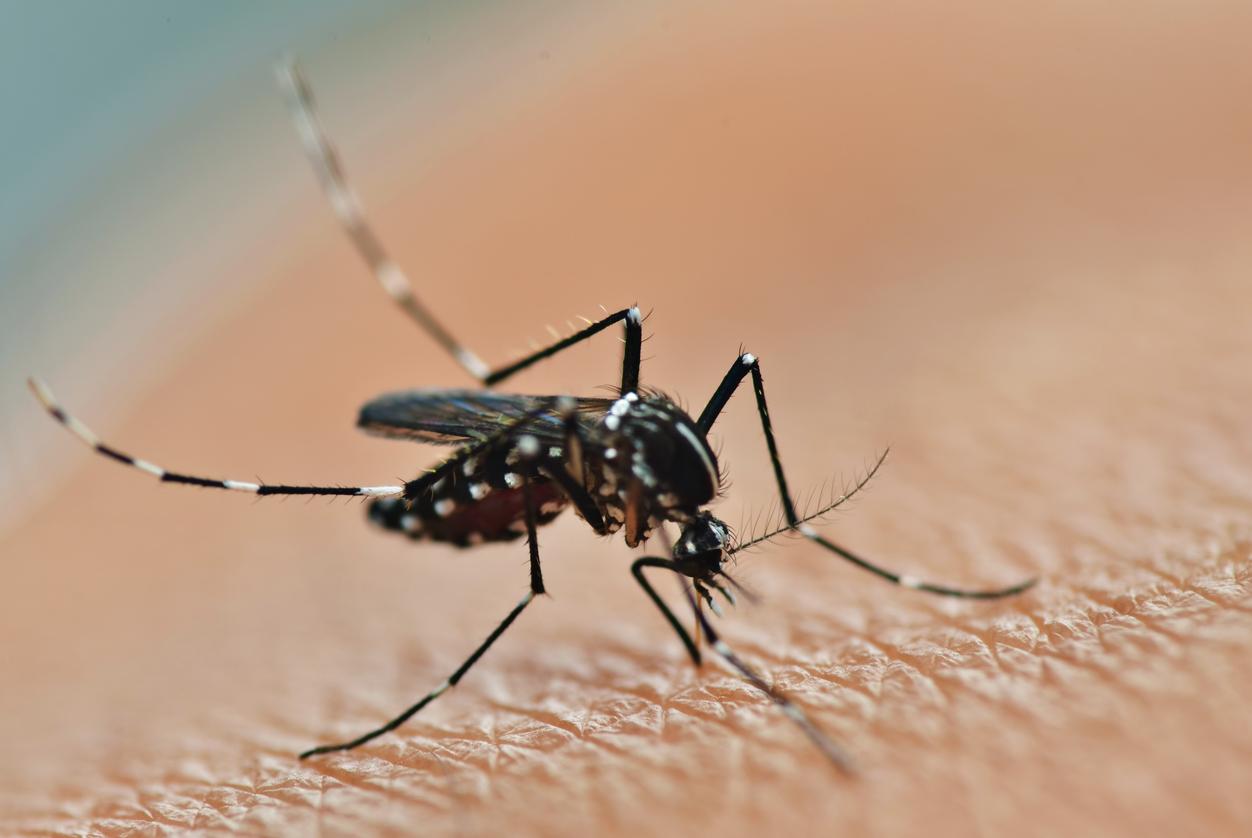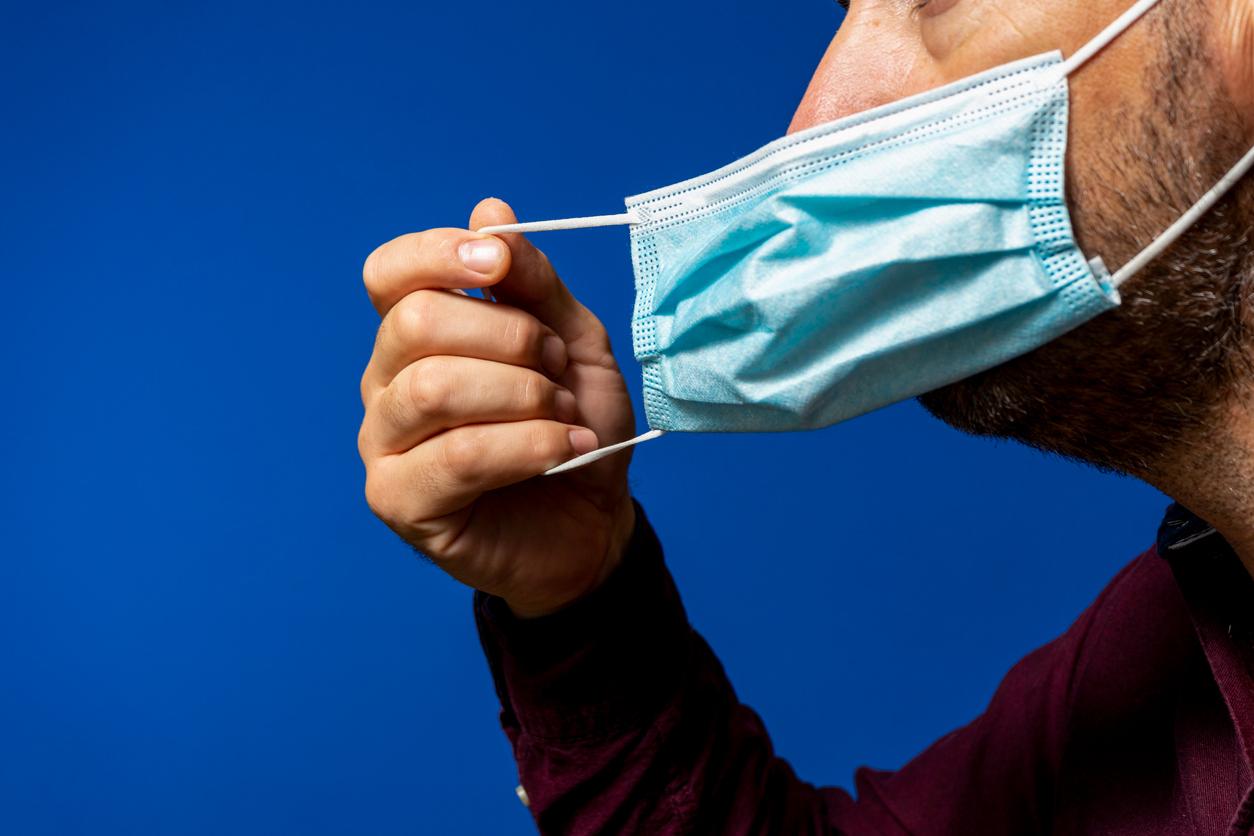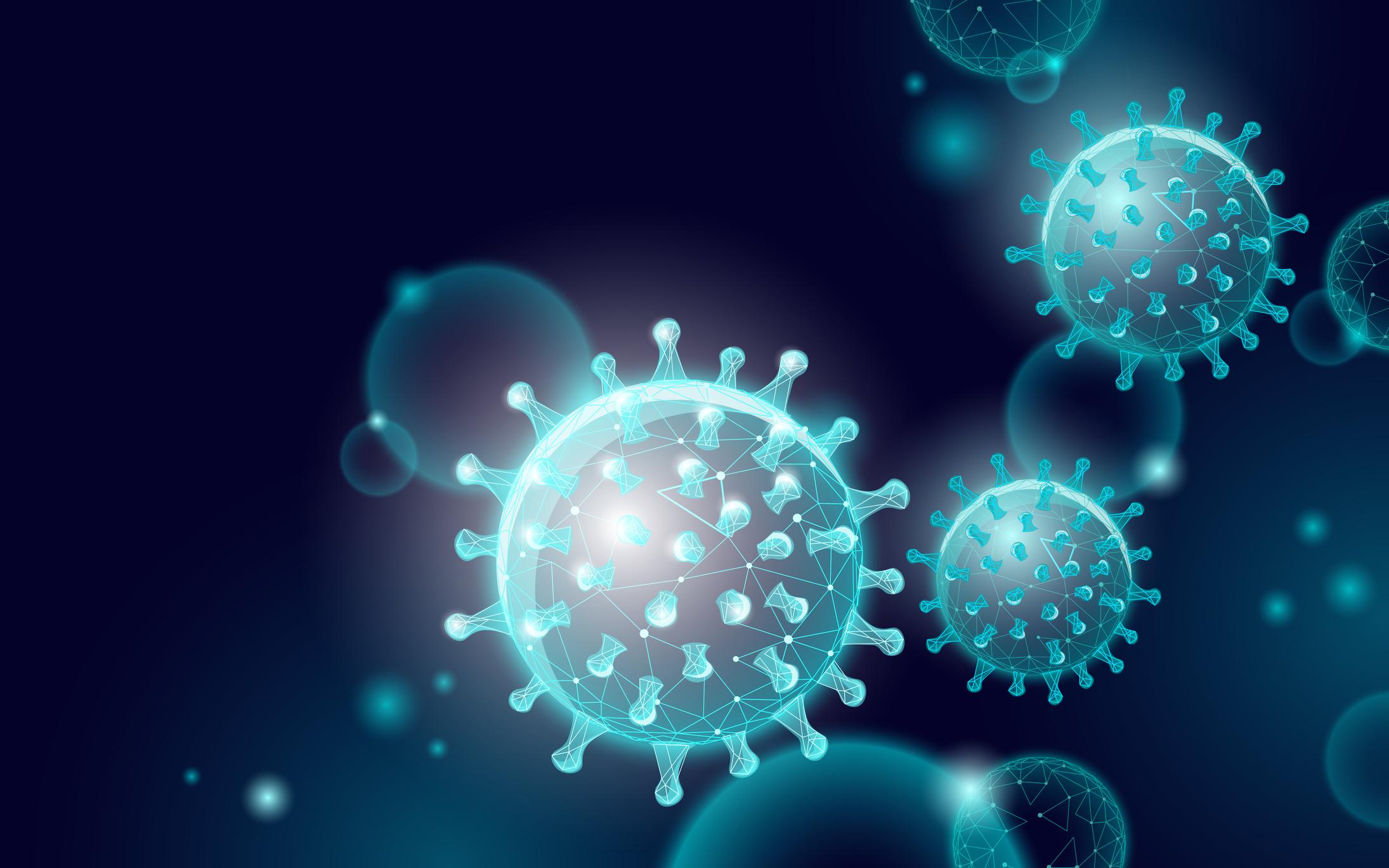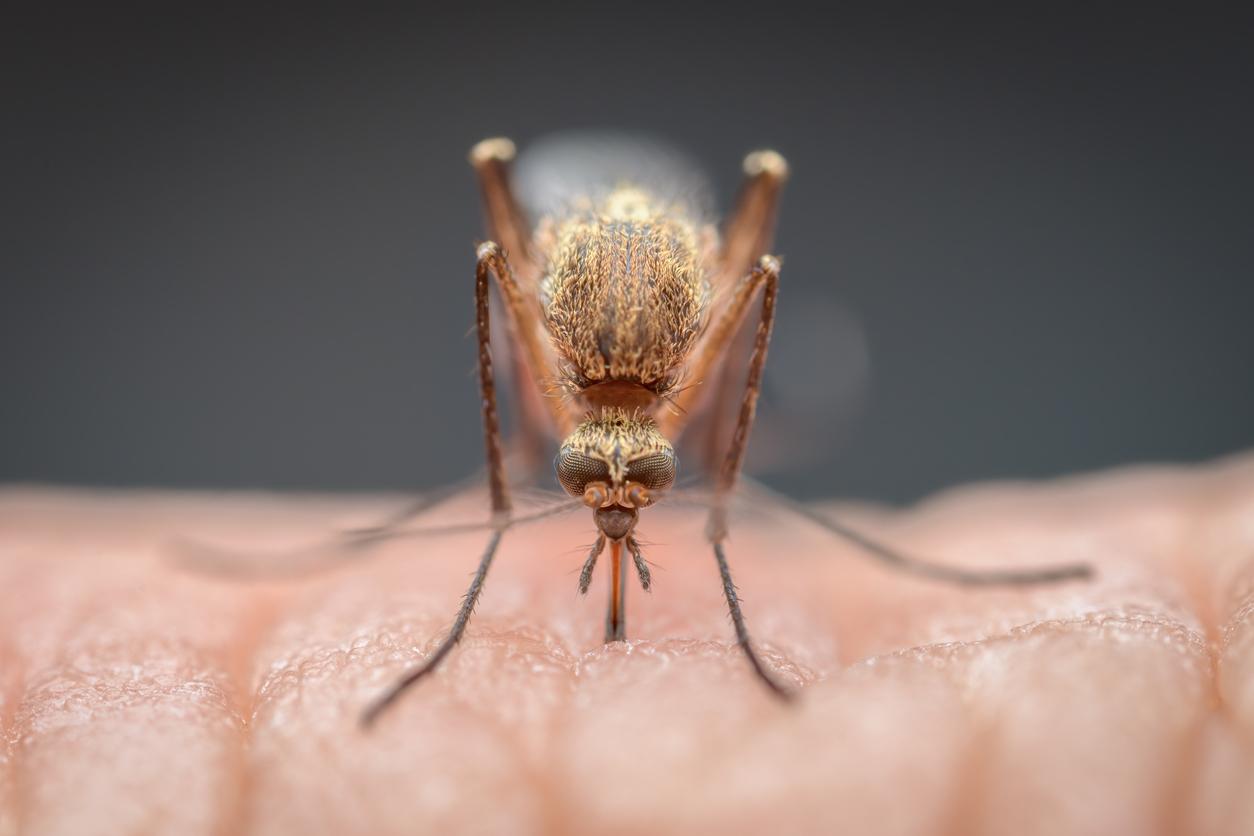
Vaccines do not prevent infection with the Covid-19 virus and therefore do not limit its transmission. So why vaccinate the population?
Some vaccines, such as measles and smallpox, provide sterilizing immunity. The antibodies produced after vaccination, and the immune response generated, completely eliminate the virus from the body. The virus is no longer circulating among the population. But in most cases, a vaccine protects against the symptoms of a disease, without preventing the virus from entering the body. The virus continues to circulate and can then infect other people. This is the case with vaccines against Sars-CoV-2.
Why vaccinate if it does not prevent transmission of the virus?
So far, studies show that the Pfizer / BioNTech and AstraZeneca vaccines significantly lower the viral load in those infected. They therefore reduce the possibility of infecting other people.
According to a study conducted in Scotland and published this week, the Pfizer vaccine reduces the risk of admission to hospital by 85% four weeks after the first dose, and that of AstraZeneca by up to 94%.
According to Richard Bailey, author of a model on Marek’s virus in chickens, “Vaccination with a non-sterilizing vaccine significantly reduces the viral load in vaccinated people, but also in unvaccinated contact people they infect. Therefore, they are less likely to spread infectious viruses ”.
Thus, even if the vaccine against Covid-19 does not provide sterilizing immunity and therefore will not eradicate the virus, it can make the virus endemic and benign, like the common cold.
















